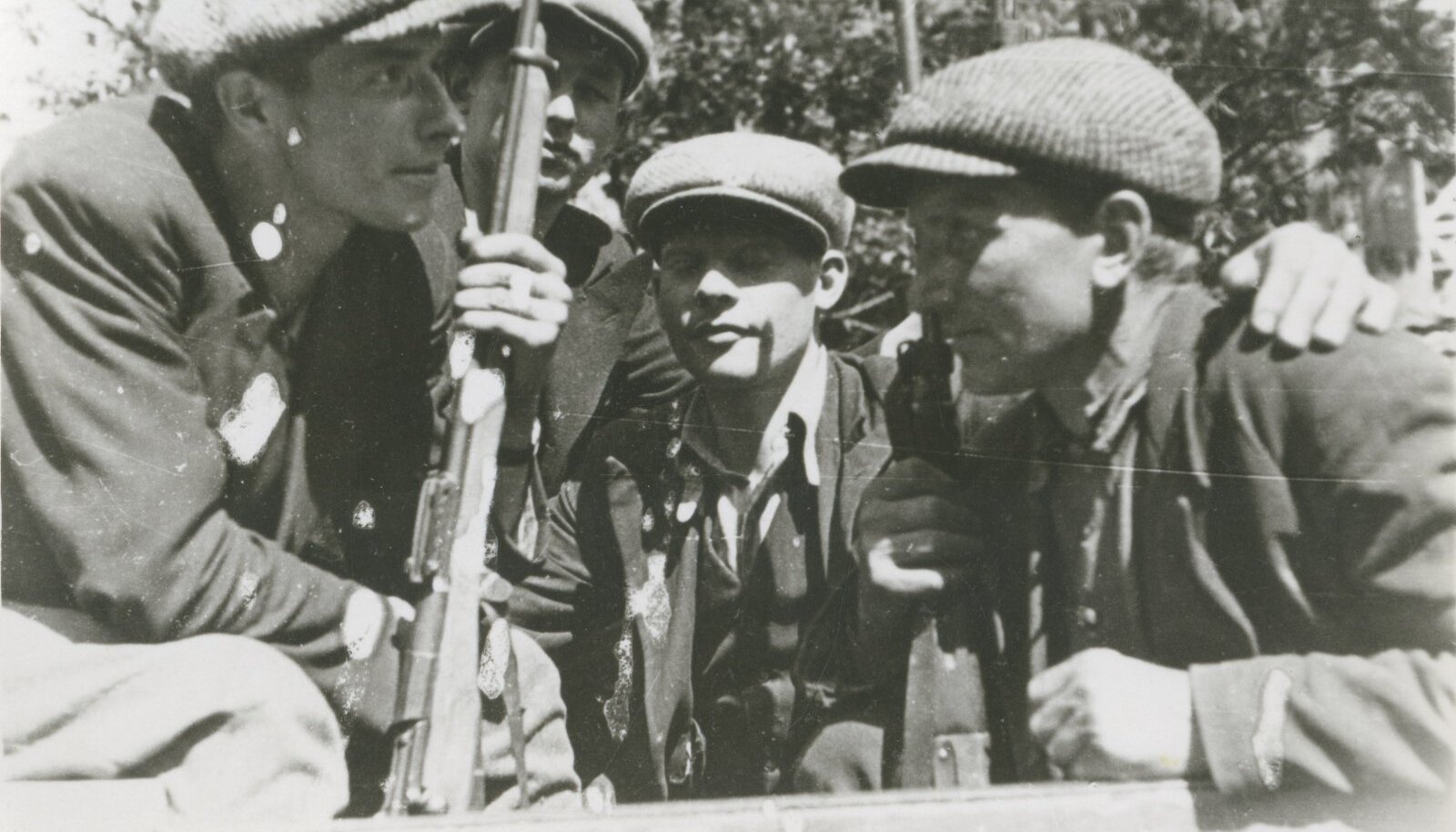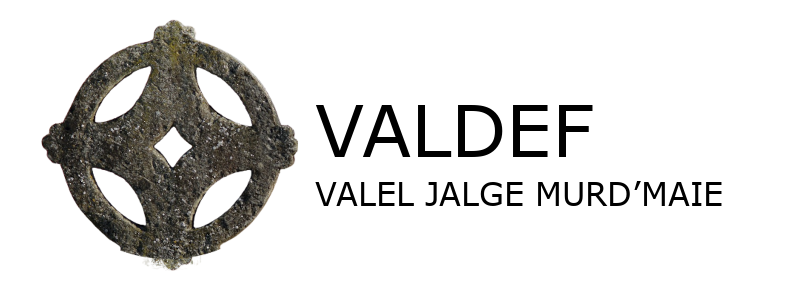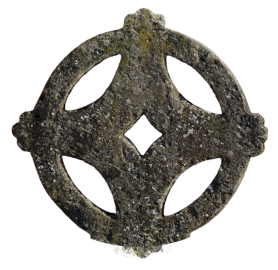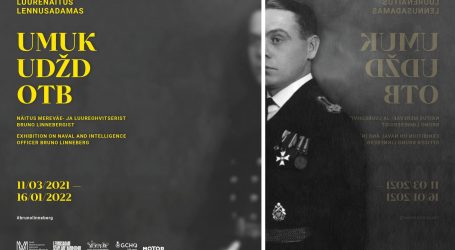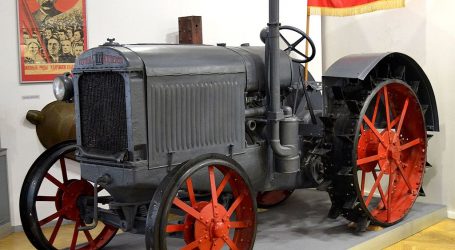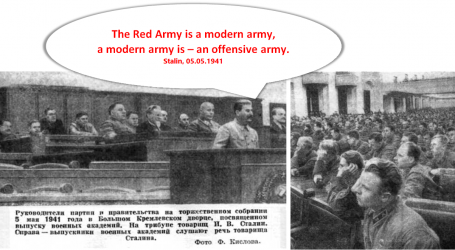On 3 July 1941 the active phase of Estonian Summer War of 1941 began after Stalin’s scorched earth decree and radio speech that was ordered to be conducted by the NKVD. With the operation “Barbarossa” and Stalin’s speech of 3 July 1941 the hope raised from the ashes the silent surrender of September 1939 and loss of completely fighting capable Estonian Army long before the Winter War became the world renown term, people which very occasional ways of retrieving weapons went to the forest and started actively fight against the occupying Bolsheviks. It became evidently clear the Red Army prior fleeing Estonia will forcibly enlist Estonian men to the Red Army and take them with them during retreat on to of conducting full destruction of Estonia’s economy, infrastructure and the farmsteads. The hopes were to counter these attempts with arms and armed insurgents. So was taken back from the Soviet occupiers 3 July Kilingi-Nõmme, 5 July Mõisaküla and Tõrva. It also instigated the Erna missions by the Finnish Boys who conducted several raids from the Southern coastal line of Finland to Erna beach in North-East Estonia and moved deep into central Estonia where they saved several thousands of Estonians and civilians from the NKVD death squad scorched earth tactics where they burned to the ground all the farmsteads in the vicinity along with killing all the its residents. The history of Erna raids into occupied Estonia in July-August 1941 deservers much deeper and longer articles.
Estonian Summer War of 1941 is considered to be ended in September when the continental Estonia was freed form the Red Army, considering the Red Army on the islands of Hiiumaa and Saaremaa hold on until October. By the latest of 5 December 1941 Estonia was free from the Soviet occupation and, thus the Estonian Summer War 1941 had de-facto ended.
The Red Army fled Tallinn on 28 August 1941 which was followed by 5 days of heaviest maritime warfare of WWII in the Gulf of Finland which is more known as the Juminda naval battles.
This article is based on Valdo Praust article in Estonian on the Summer War of 1941 with significant discrepancies in English translation. None the less the contribution of Valdo Praust in commemorating such an important event in Estonian history is only laudable.
Valdo Praust – Täna 80 aastat tagasi, 3. juulil 1941, algas Eestis Suvesõja aktiivne faas
